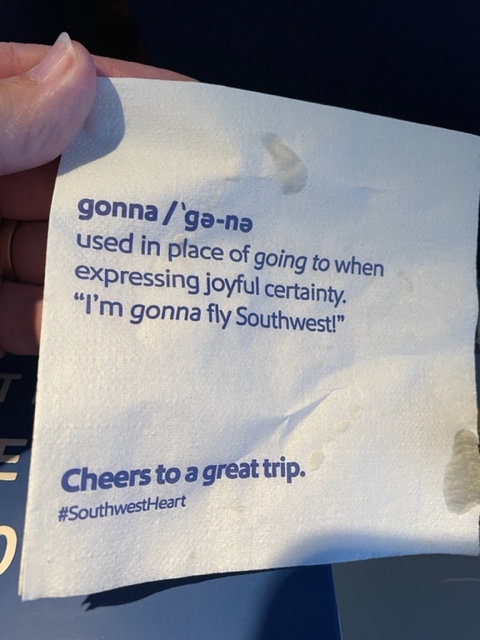On last week’s show, I shared that the beginning of a new year is a good time to review the basics.
At my church, the pastor takes the first two Sundays of each year to restate the purpose and vision of the church. Fitness clubs and diet plans often base their marketing on people’s desire to return to the basics and embrace new habits.
So… let’s go back to the basics.

A simple truth is that there are only two distinct elements to programming a radio station.
Music
and
Words
These are the only tools we have to impact lives, achieve ratings, to make revenue goals, or to hang gold records in the lobby to show visitors that we are really, really a neat station.
The words we use
We learn to talk by imitating our parents. It’s so instinctive that we hardly notice that Mommy is referring to herself in the third person (“Give it to Mommy”), inverting the perspective so the child learn will learn to say it correctly.
Your station’s tribe has a language.
Music is the language of your tribe.
But perhaps not in the way you may think.
“Before recording technology existed, you could not separate music from its social context.”
David Byrne
Music is a language of culture, which is different than being the language of the music industry.
I’ve found that most programming discussions focus on quantity, logistics, bow ties, and efficiencies. We have 14 of these, we have 5 of these, we have one of these in a row. It’s like determining your listeners’ favorite colors and then mandating that 45% of your logo needs to be red. Too seldom do we evaluate distinct programming elements as a part of a design, an audio tapestry if you will.
Too often program directors evaluate programming using a stop watch instead of a heart monitor.
When we promote music events using language like, “they’ll play all their hits and some of their all-time favorites,” we’re speaking the language of the industry not the language of the tribe. And worse, we impede new listeners from feeling like welcome guests. “His chart-topping hits” speaks to no one’s heart. Your listener asks, “What’s a chart?”
Instead your listener is asking “How does it make me feel?” “Does your station speak my language?”
“Radio isn’t just filling a slot with audio. It’s a chance every time to love someone in the middle of the mess.”
Sam Kelly
Our format is the only one that speaks the language of real life, from laughter to tears! But it all starts with speaking the language of your tribe.
“There’s singing at people,
Tim McGraw
There’s singing to people,
There’s singing about how you feel…
Then, there’s singing about how THEY feel”
